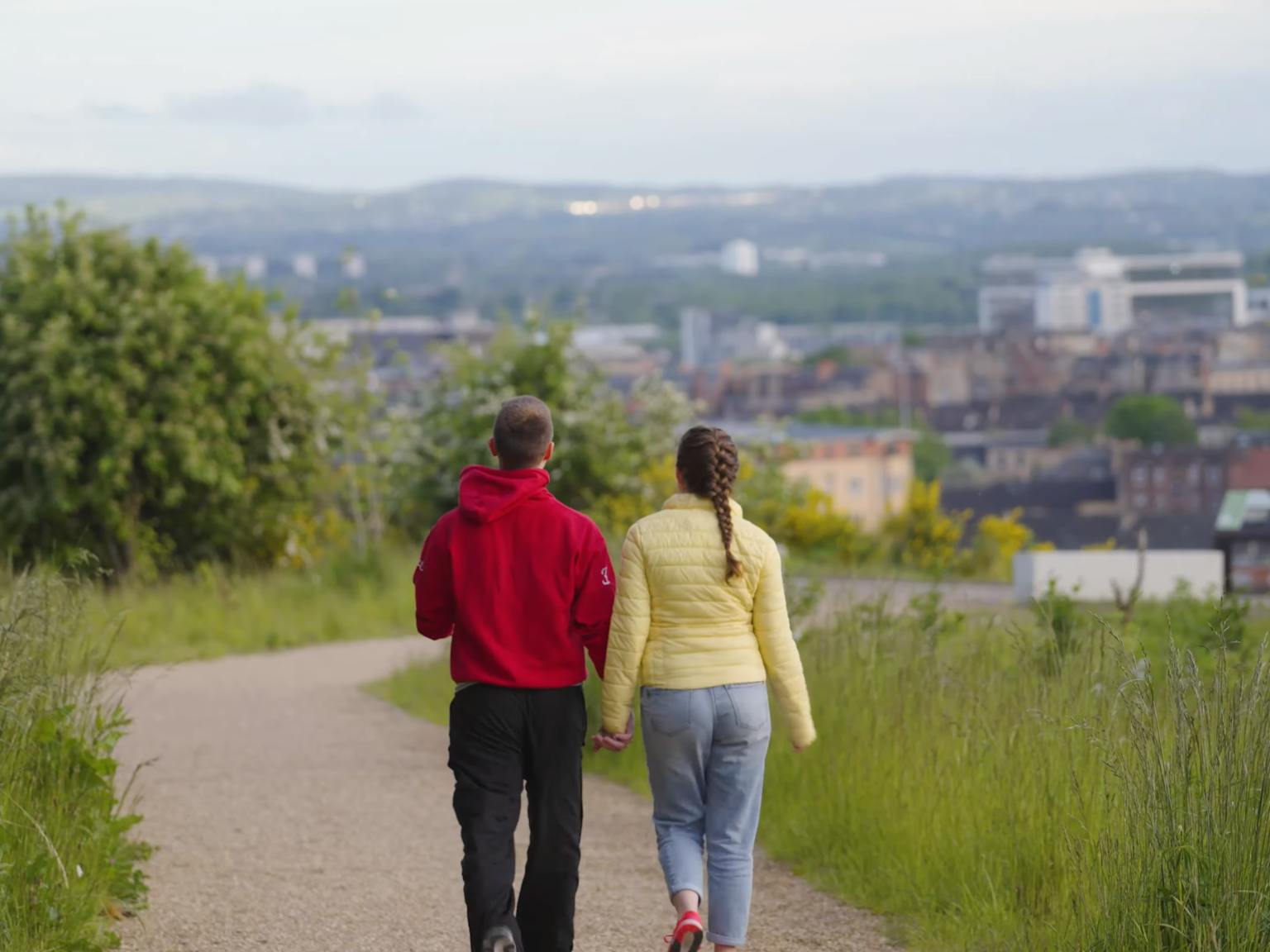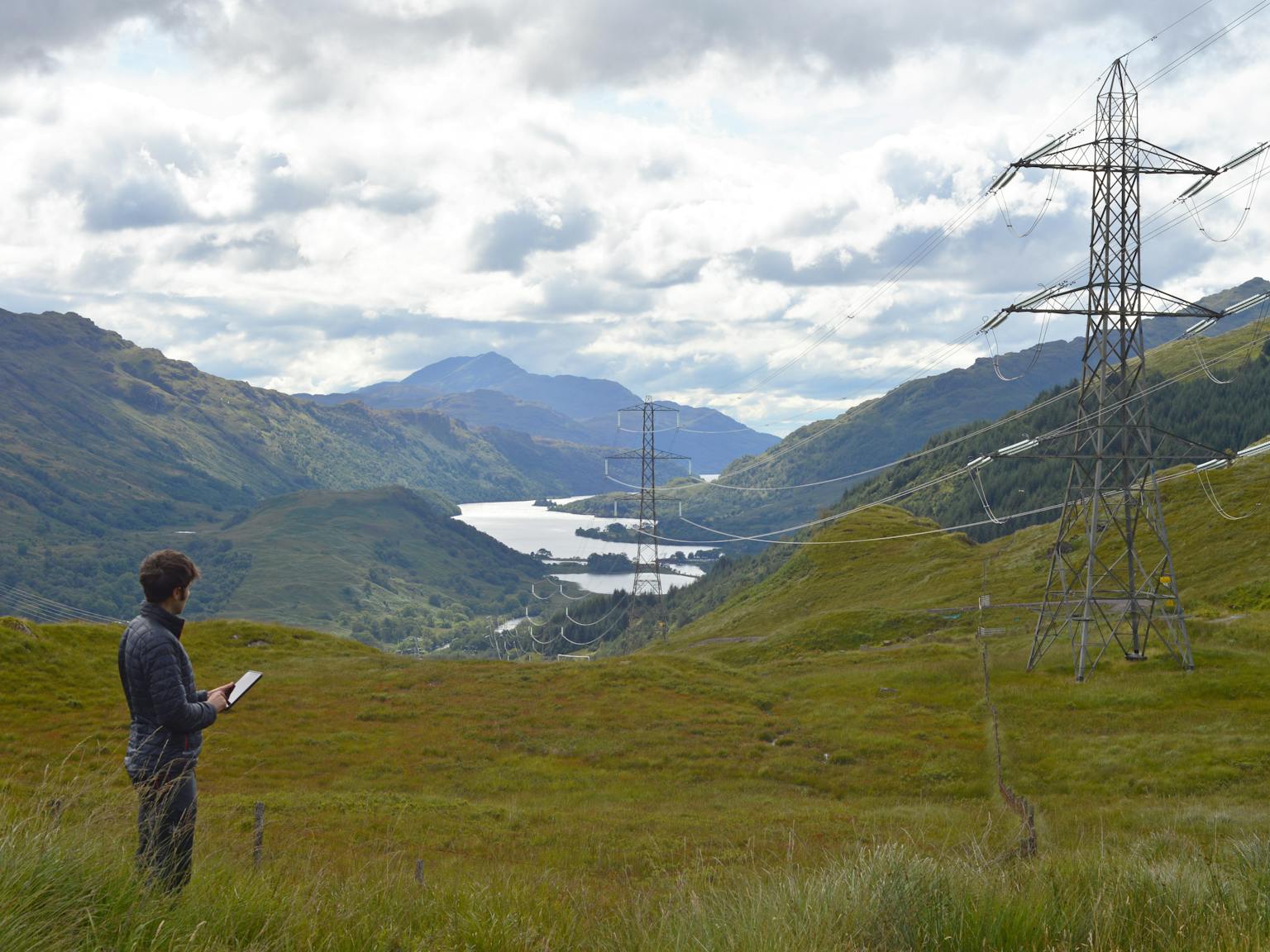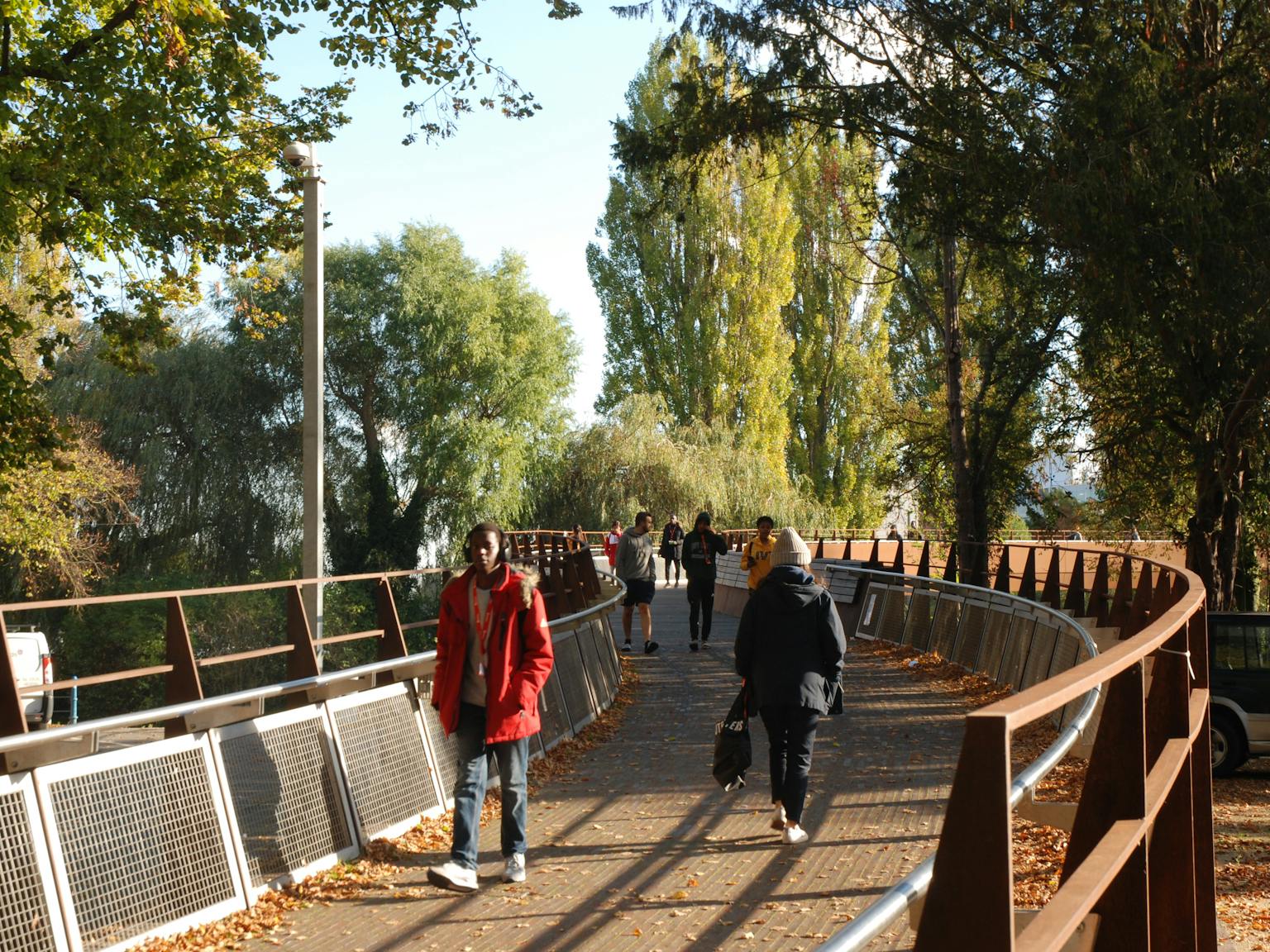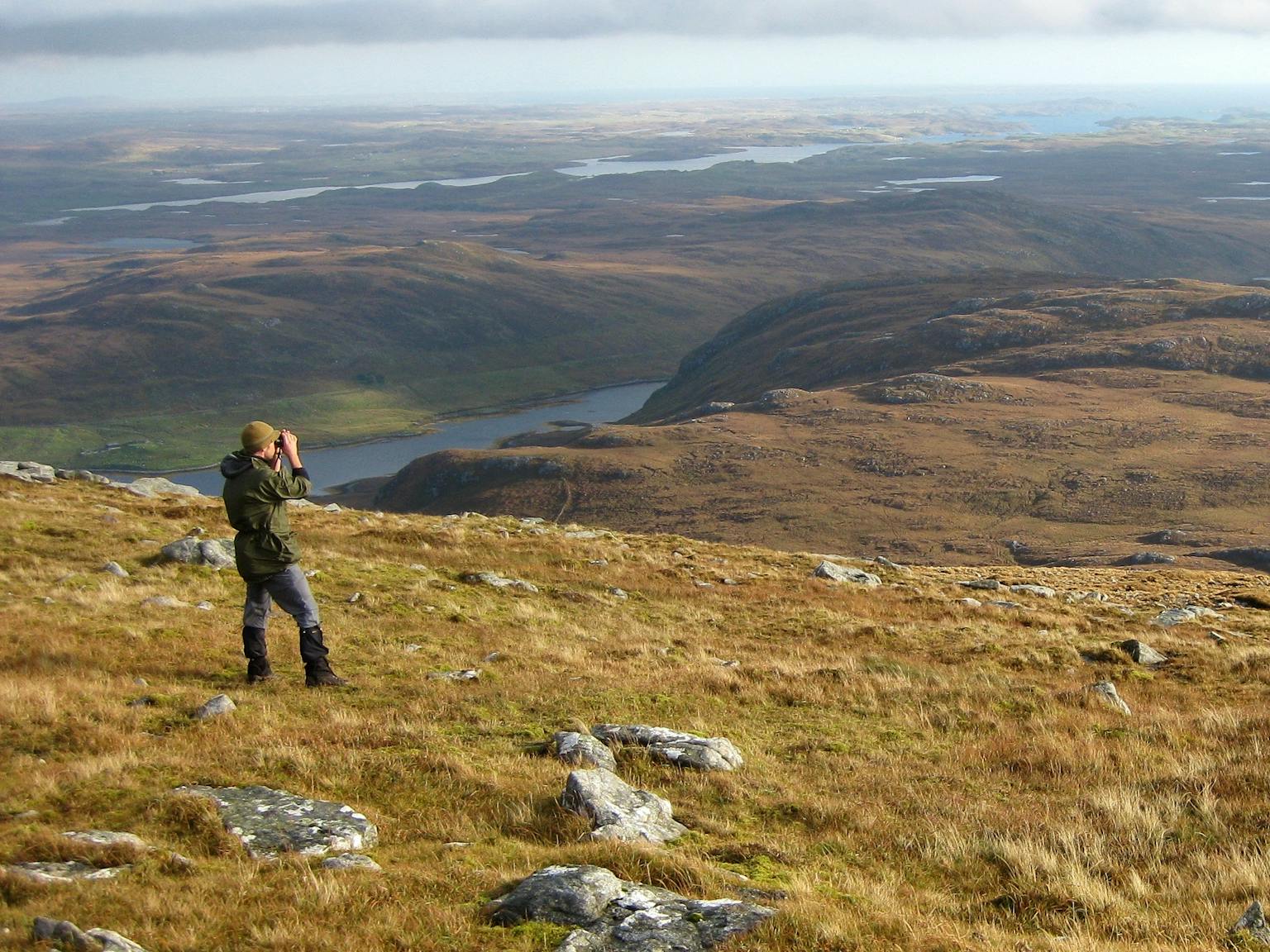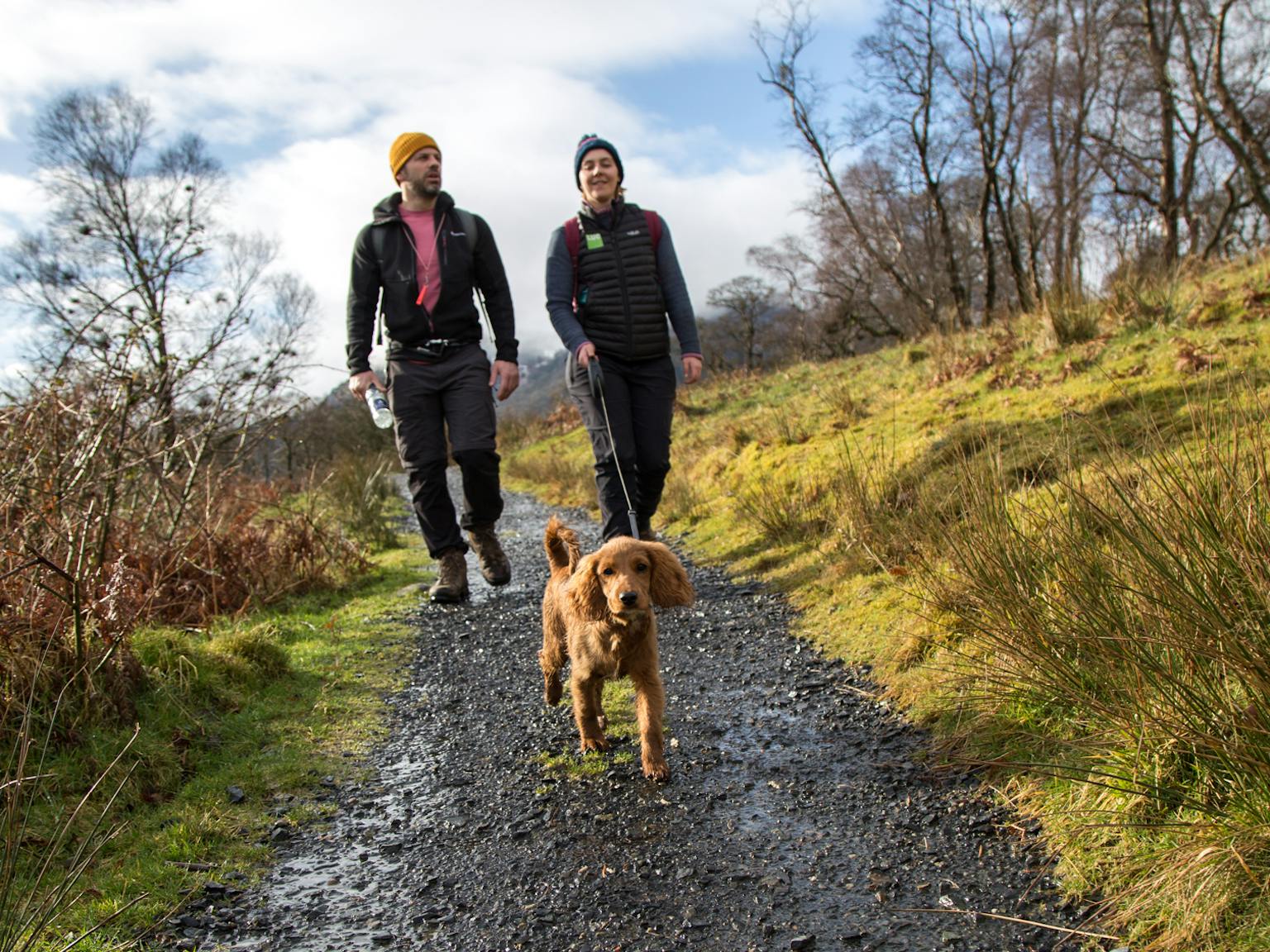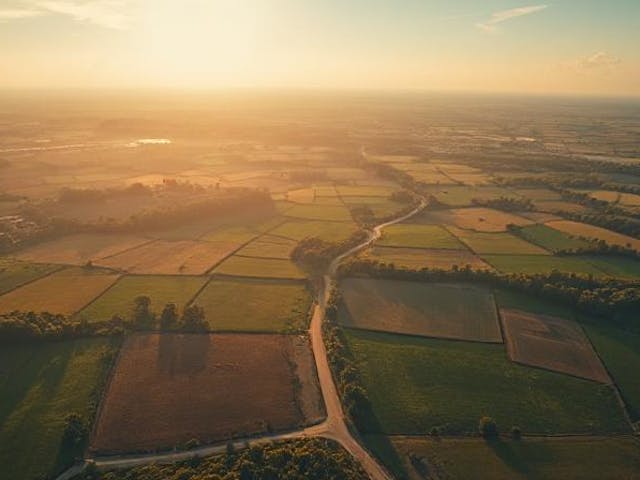
Nature-based solutions and climate change
Nature-based solutions are central to building resilience to climate change. The degradation of the natural world over the last 50 years has been unprecedented, current biodiversity loss (wild and cultivated) and ecosystem failure constitute a critical threat to societies across the globe. Climate change will have major implications for the UK’s natural and built environment, the economy, and people’s health and well-being.
The Nature Based Solutions Initiative at the University of Oxford defines them as solutions that ‘involve working with nature to address societal challenges, providing benefits for both human well-being and biodiversity. Specifically, they are actions that involve the protection, restoration or management of natural and semi-natural ecosystems; the sustainable management of aquatic systems and working lands such as croplands or timberlands; or the creation of novel ecosystems in and around cities. They are actions that are underpinned by biodiversity and are designed and implemented with the full engagement and consent of local communities and Indigenous Peoples.’

Examples of nature-based solutions
Nature-based solutions can play a key role in mitigating climate change in a number of ways. For example, the restoration of peatlands or forests or the creation of wildflower meadows can help us adapt to the impacts of climate change through carbon sequestration, the process of capturing and storing atmospheric carbon dioxide, managing and storing water from increased rainfall to reduce flood risk and mitigating changes in air temperature to prevent overheating.
By using nature-based solutions we can adapt the built environment into one that provides multifunctional benefits to businesses, communities and nature. Restoring nature and biodiversity increases the long-term resilience of the natural systems that support our society.
The Covid-19 pandemic has only further highlighted the importance of green spaces and the wider GBI network in positively addressing mental health challenges.
Why do developments need nature-based solutions?
The built environment has a significant impact, as habitats and landscapes are degraded in the extraction of materials for the construction industry, and further habitats are compromised or lost through continuing urban development.
More effective and widespread incorporation of nature-based solutions within building designs, developments and operations are desperately needed, presenting an opportunity to respond to changing policy requirements, such as the upcoming Environment Bill, improve the resilience of built assets, reduce carbon emissions and create environmental net gain.
Bringing nature-based solutions into urban areas in the form of green infrastructure provides a wider range of benefits and services that generate significant economic value in a cost-effective way.
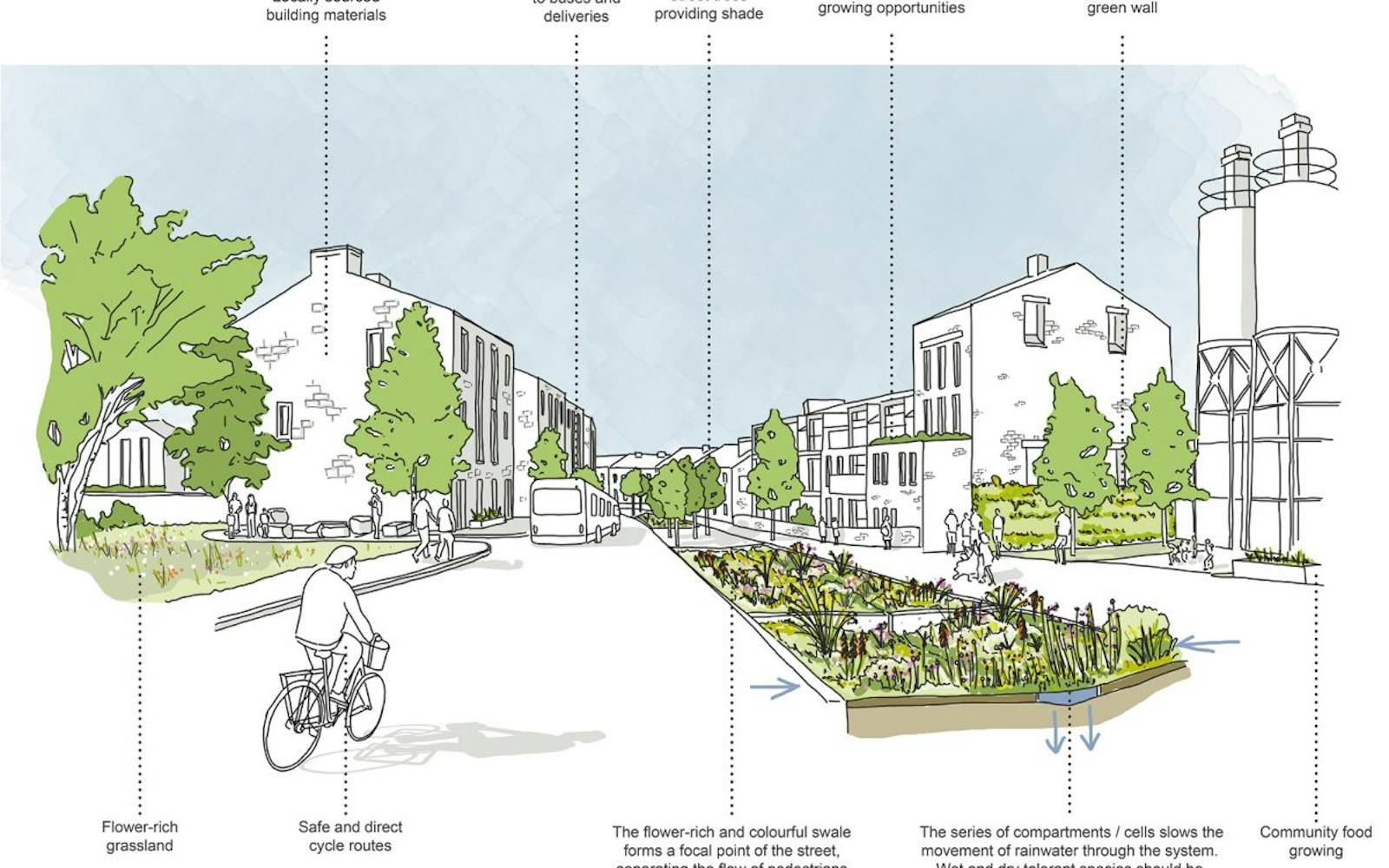
How can LUC help?
Planners, landscape planners, land managers and ecologists at LUC are experienced in advising on nature-based solutions. We have experience in providing clients with GI opportunities and plans of action, peatland restoration, coastal work and opportunity mapping.
To find out more speak to Nick James

